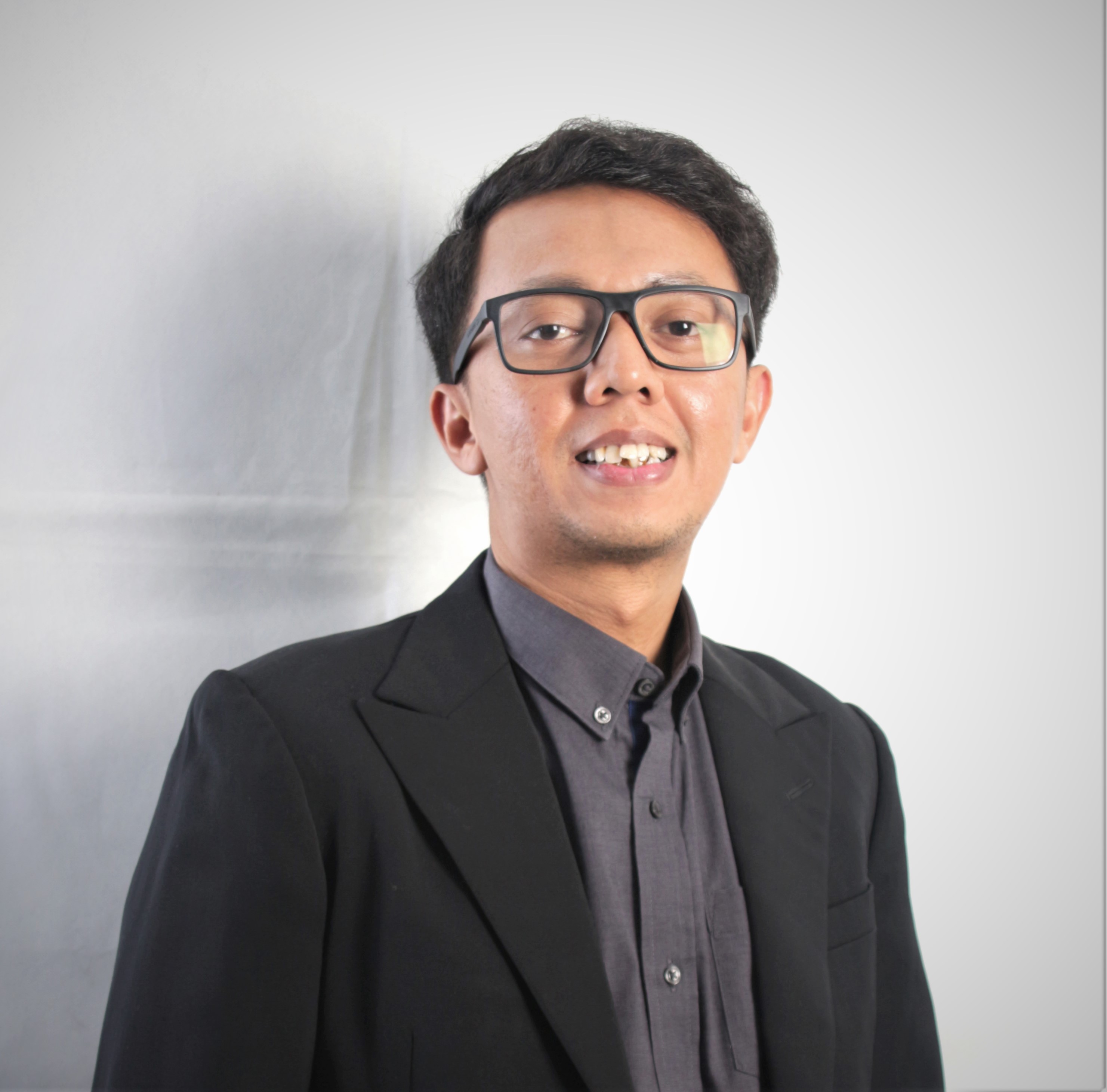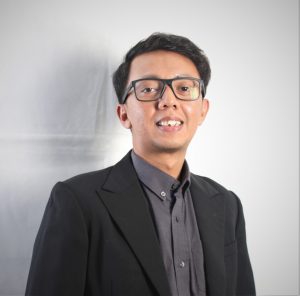
Trend Shifting in Medicine and Cosmetic Industry: Herbal!
Indonesia, with a total of 1.9 million square kilometers, or 1.3% of the world’s total land area, is number three in the “Earth’s Most Biodiverse Countries”. It is all spread within more than 17,000 islands. Based on The National Biodiversity Report, the documented species diversity comprised of 1,500 species of algae, 80,000 fungal species, 595 species of lichens, 2,197 fern species, and 30,000 – 40,000 of spermatophyte species, accounting for 15.5% to the world flora, of which 7,500 has a potential for medicinal plants. With all these numbers in hand, only around 1,000 have been developed and produced into herbal medicine.
Taking note that modern people have a tendency to choose natural remedies over chemically synthesized drugs, the above facts are just a bag of opportunity to be further explored and developed. Currently, the total production of the national herbal industry is more than US $ 800 million with a growing rate of 10% in 2018. This number will be even bigger with the addition of cosmetic industry which has a value of US $ 500 million. With a lot more plants to possibly be utilized, there are some concerns in terms of raw material selection and research, as well as active compounds extraction technologies. As soon as the pharmaceutically active components are ready, these natural extracts can be developed into products; not only for herbal medicines but also for natural cosmetics.
The Pharmaceutical Chemical Engineering study program of Swiss German University, prepares and provides high quality graduates who could become pharmaceutical engineers in the pharmaceutical and cosmetic industries not only for the conventional field (synthetic) but they also have to possess a strong knowledge of natural plants and herbal technology – both the basic science and the applied technology. SGU’s pharmaceutical engineers have the competency in taking the challenges in this new era of drugs material “shifting” from synthetic to natural.
by: Hery Sutanto, M.Si.
Head of Chemical Engineering
